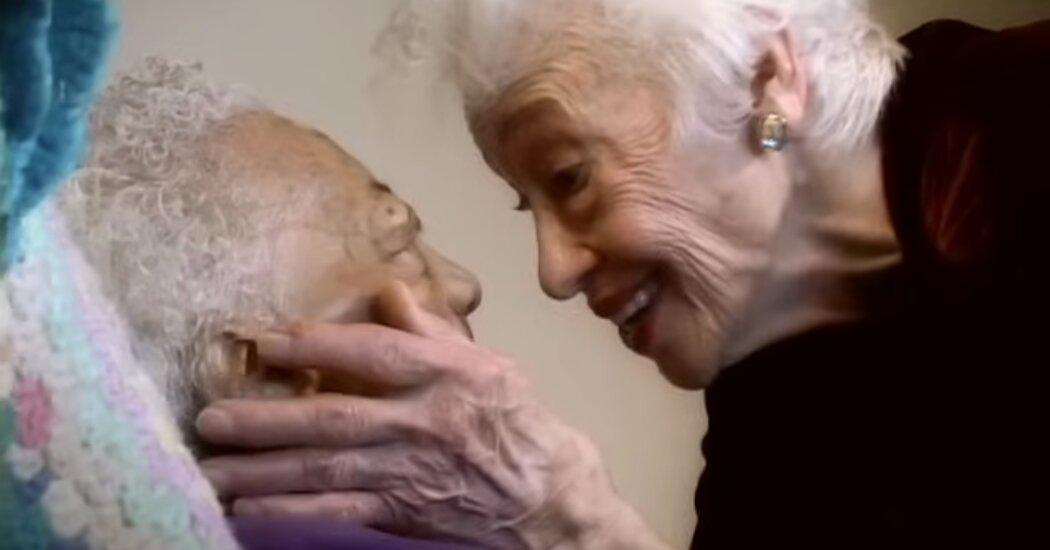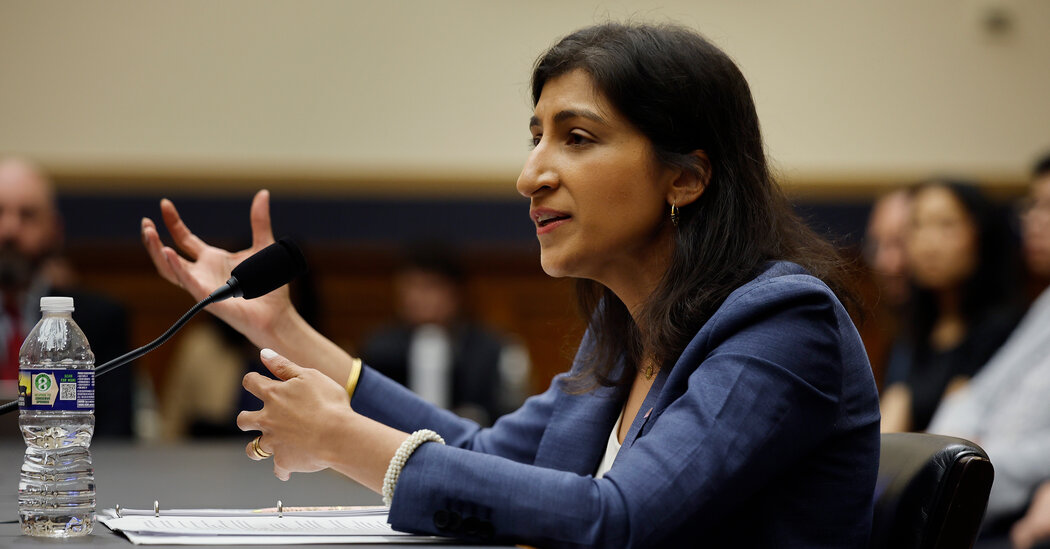The American Cancer Society has begun an ambitious, far-reaching study focusing on a population that has long been overlooked, despite high rates of cancer and cancer-related deaths: Black women.
The initiative, called VOICES of Black Women, is believed to be the first long-term population study of its size to zero in specifically on the factors driving cancer prevalence and deaths among Black women.
Researchers plan to enroll 100,000 Black women without cancer, ages 25 to 55, in Washington, D.C., and 20 states where most Black American women reside. The subjects will be surveyed twice a year about their behaviors, environmental exposures and life experiences, and followed for 30 years; any cancers they may develop will be tracked.
Similar studies by the American Cancer Society in the past yielded critical lessons about what causes cancer — for example, identifying cigarette smoking as a cause of lung cancer and linking red- and processed-meat consumption to increased risk of colon cancer.
While some earlier studies have included large numbers of Black women, the research wasn’t able to “hone in on the specific drivers of cancer in that population,” said Dr. Alpa Patel, senior vice president of population science at the society and co-principal investigator of the VOICES study, along with Dr. Lauren McCullough.
“In general population studies, you tend to ask questions that are going to be applicable to the majority of the population,” she said. “So going deeply into the lived experiences of discrimination, bias, systematic issues, environmental influences and cultural aspects of health-related behaviors, and how the narratives around them are shaped in different populations — those types of unique aspects of understanding what contributes to cancer in a population weren’t being asked about.”
Women will be surveyed on their use of personal care products, for example, including chemical hair straighteners, which have been implicated in some cancers. The researchers will track stressors related to the physical environment, and factors such as neighborhood walkability, crime, air pollution, access to healthy food and proximity to liquor stores and establishments that sell cigarettes.
Black women have the highest death rates and lowest survival rates for many cancers of any racial or ethnic group. Black men and women have higher rates of colorectal cancer than white Americans do, for example.
Black women die of uterine cancer at twice the rate of white women, are twice as likely to be diagnosed with stomach cancer and more than twice as likely to die of it. They are also 40 percent more likely to die of breast cancer.
Persistently high deaths rates among Black breast cancer patients were one reason the U.S. Preventive Services Task Force cited recently for lowering the age for starting mammography screening to 40 again from 50.
The racial disparities in breast cancer survival are relatively new. Until the 1970s, there was no racial disparity in breast cancer outcomes between Black and white women, Dr. Patel said.
“We know now there are more aggressive tumors, especially at younger ages in Black women compared to white women, and we don’t fully understand why,” she said.
Recruitment for the study started late last year with a pilot launch in Atlanta and Hampton Roads, Va., and enrollment expanded to other states and Washington in May.
Eligible participants must identify as Black, be assigned female at birth or identify as women, have no history of cancer (aside from common basal or squamous skin cancers) and be between the ages of 25 and 55.
No medication, clinical testing, treatment or lifestyles changes are needed in the study.
Breana Berry, 30, who works in public health near Atlanta, signed up as soon as she could, as did her mother, Jacquelyn Berry, 53, who is a caregiver to a friend with breast cancer and lost her husband to pancreatic cancer three years ago, when he was 53.
“My husband complained of stomach issues for two years, and was misdiagnosed and misdiagnosed and misdiagnosed,” she said. He died shortly after getting the proper diagnosis, which was advanced pancreatic cancer.
“I’m interested in the whys,” she said. “Why are there such huge disparities? This is not an overnight study, you have to track people for a long time. It’s a huge commitment, but I’m in. I know our voices will make a difference — to my great-great-grandkids.”







